
The world lost about 14 percent of its coral reefs in the decade after 2009, mainly because of climate change, according to a sweeping international report on the state of the world’s corals. The report, issued late Monday, underscores the catastrophic consequences of global warming while also offering some hope that some coral reefs can be saved if humans move quickly to rein in greenhouse gases.
“Coral reefs are the canary in the coal mine telling us how quickly it can go wrong,” said David Obura, one of the report’s editors and chairman of the coral specialist group for the International Union for Conservation of Nature.
The 14 percent decline, he said, was cause for deep concern...
Read More

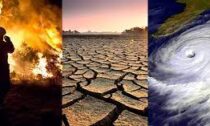


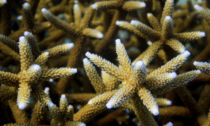
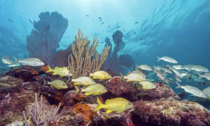
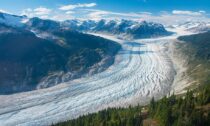

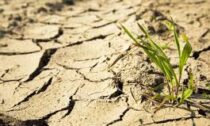
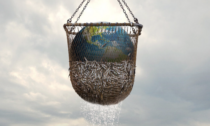


Social Profiles